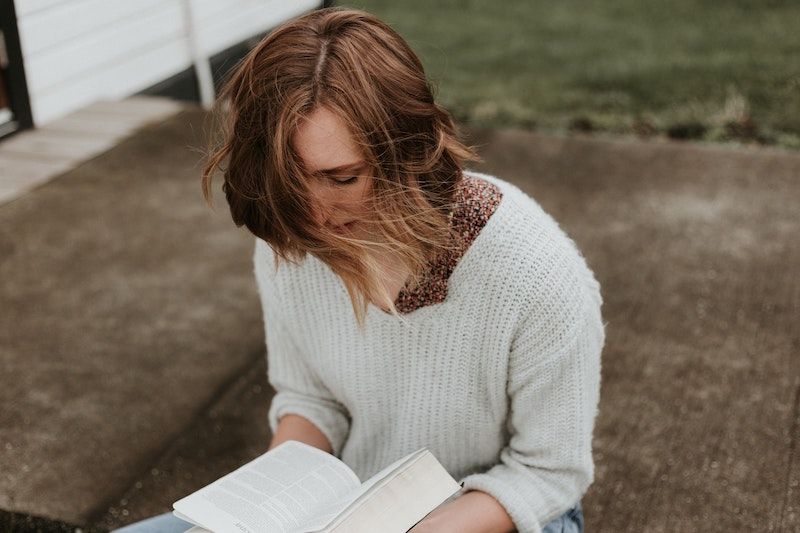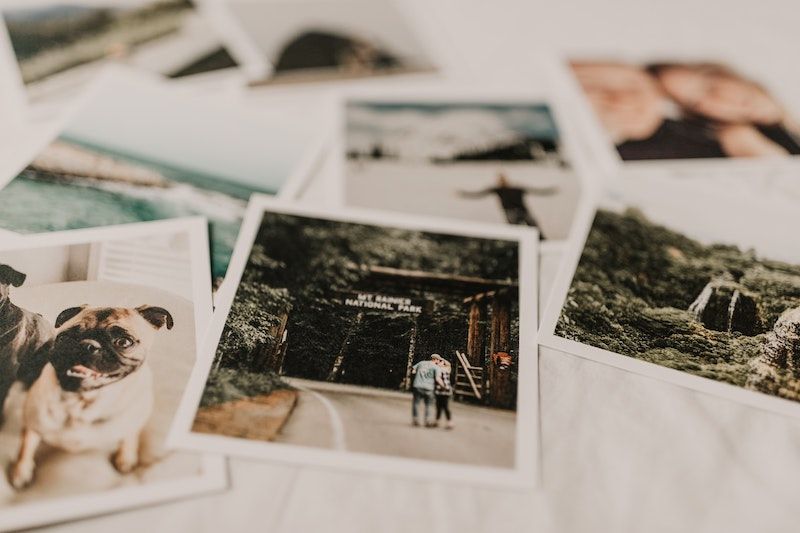With restrictions still in place, what do we do if we have to say goodbye to a loved one during lockdown? Lianna Champ, funeral director and bereavement expert, explains more
More than ever, we need help to grieve; to try and find an anchor in this new chaos in our lives. In these times of lockdown, it is easy to withdraw and isolate into our own private pain, but we are human and therefore have a whole host of emotions that we need to experience, that we need to feel and, more importantly, that we need to express.
When we are happy, the first thing we want to do is to share our news with our family and friends. It should be exactly the same when we are sad. Both emotions need equal expression, and there are three key areas to focus on: preparation, structure and acceptance.
Preparation
We know that coronavirus has changed how we live, die and grieve forever. So, what lessons can we take from this to prepare ourselves to grieve in this new and unnatural way – in isolation and alone?
...If we’re yet to be impacted by the death of a loved one during lockdown
Unless our loved one dies at home, we may not be able to be with them before, during or after they have died. So what can we do to prepare? If we know we can’t be there physically, we must endeavour to be there emotionally and this means that we should concentrate on the relationship whilst the person is still alive. Say everything that needs to be said and share everything that needs to be shared whilst they are still with us.
This is a time of preparation but also of doing. It is a time to finish and complete all unfinished business, and it is a time for honesty.
We can’t reach out to touch, hug and soothe one another in our usual comforting, intimate and physical human way, but we can still reach out and touch each other with our words and our love. Therefore we must think carefully about what we want to say and really think about the words we use. Will they convey clearly what you want to say?
We have to imagine that this conversation could be our last, therefore, it really has to have an effect, not just on yourself, but on the person you are having the conversation with. Each relationship is unique therefore our conversations with one another will contain different things.

We have to feel that we have really communicated our innermost feelings, given apologies and forgiveness where we think we should, and to state the important and significant emotional things that we need to say. Don’t be afraid to open your heart and say ‘I love you’. If you are not used to speaking on an emotional level, please keep going – the more you say it, the easier it becomes and it will all begin to feel familiar. Take as many walks down memory lane as you can, evoking the warmth of happy times. Memory is how we hold onto the things we love.
Try not to reflect on the end that may be approaching, but on a life well lived in shared love and experiences. Recall the highlights of your lives together and say what it all means to you. This will go a long way towards giving you a sense of leaving nothing unsaid between you, good and bad, and will be a giant step in leaving you emotionally complete within your relationship. Try to find some humour to bring into the conversation if you can. It is a wonderful reliever of tension. It also releases endorphins into the body, relaxing us and bringing a closeness.
...If we have already been impacted by the death of someone
It can become so hard to separate the fact of the death from the actual circumstances in which it occurred under coronavirus lockdown. The edges become blurred and grief becomes enmeshed with the trauma of the situation. The challenge becomes two-fold – you have to cope with the distress of the death taking place alone with no loved ones present, and also how the pandemic has changed our grieving process.
We always want to protect the ones we love and be with them and, when we can’t, we can find ourselves continually taking the blame and drowning ourselves with guilt. It is vital that we really understand the difference between guilt and regret, because guilt holds you in a place of pain.
Guilt follows a deliberate wrongdoing – an action or words that we know was not the right thing to do or say at that particular time. Regret is a wish that something could have been done or had happened in a different or better way than it had been, as with coronavirus.
We have to allow ourselves to feel the pain of our grief and also, we must allow ourselves to let it be OK to survive and not to blind ourselves from finding meaningful ways to continue our emotional bond with our loved ones. To place our focus not on the end, but on the whole of the life shared.
We must choose love – the love that was shared in the relationship. The love that remains, suspended, but is still always there.
In lockdown, we don’t have the same milestones and support networks that we would have normally. Journaling is a wonderful way of identifying the areas where we are struggling and it also helps us to identify areas in the relationship that we really appreciate and also those areas where we wish we could have changed something – either said or not said something, or done or not done something.
No-one will see your journal so you can, and should be, as absolutely honest as you can. Just writing down how you feel can unravel so much confusion.

Structure
Go to bed each night with a plan for the following morning. Write it down. Routine in isolation can give us a focus during the long days. Having a structure means getting up at the same time, doing your usual morning routine, taking your exercise. Keep to your schedule. Factor time in each day to speak with family and friends, either on the phone or via FaceTime or Zoom. Have someone you can call when you are feeling particularly low.
Acceptance
Although we can’t always control how or when we die, we can control how we live. By making good and correct choices in advance, we can live in such a way that if or when our lives are impacted by a sudden and traumatic loss, we are working from a stronger position to absorb the shock and find a sense of balance.
We can also learn to be more aware of what is happening around us and concentrate on the people in our lives at the time when it is most important – whilst they are still alive. We must not get stuck on the way the funeral has to be during this time.
Read Lianna's article, How to find new ways to unite in grief and celebrate a loved one's life, on Counselling Directory.
Grieving a loved one is never easy, and right now, we’re facing something entirely new. It’s OK to need to talk to somone about how you’re feeling, and counselling can be incredibly useful in exploring these feelings and learning how to cope.
Learn more about counselling for bereavement.


Comments